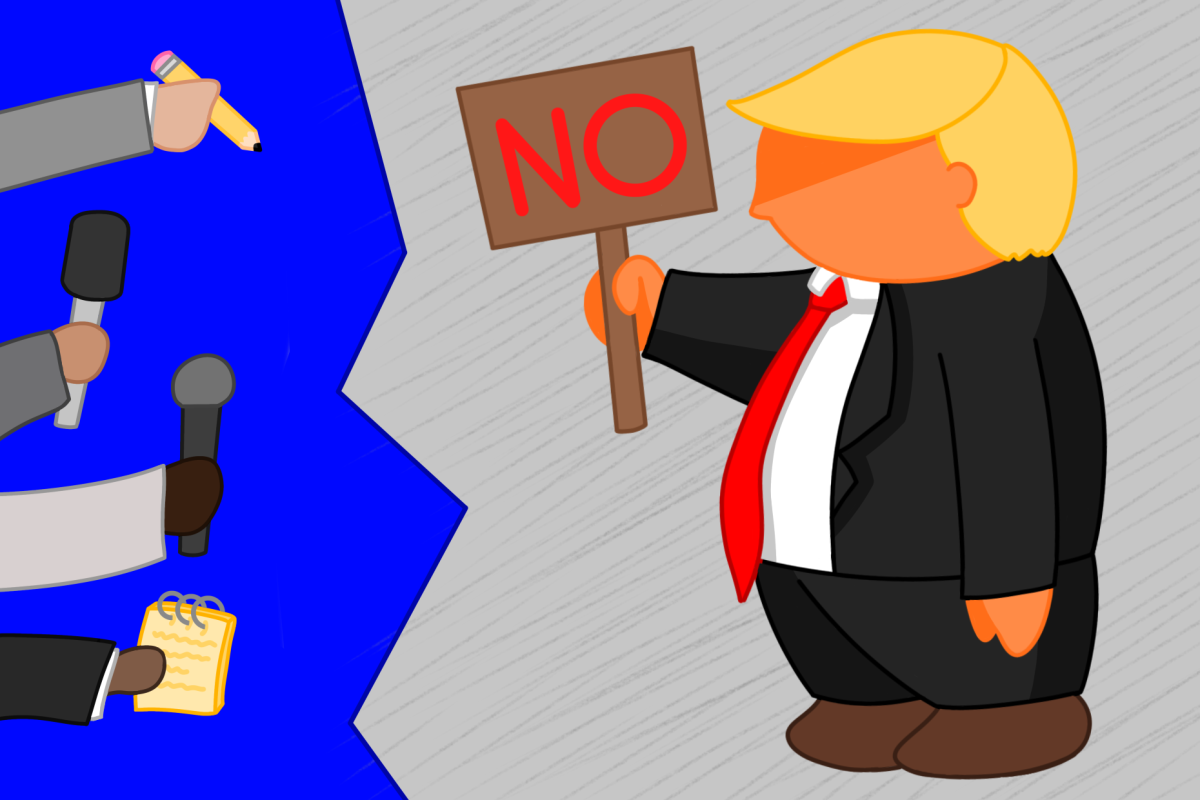By Miranda Clark
Internet addiction: once viewed as a silly moniker to refer to people who spent, just a little too much time online, is now being used to describe a serious addiction. It’s not as widely recognized as other addictions like drug and alcohol, but with the rapid rise of easy-to-use and portable technology, it was only a matter of time before consequences began to arise. There have been many cases of internet usage gone wrong in the media; the case of the catfish identity scam in the Manti Te’o hoax, and every so often, a report of a young man staying in seclusion for weeks at a time without showering and barely eating, just to play their online games.
Despite emerging cases of internet addiction symptoms around the world, the Diagnostic and Statistical Manual of Mental Disorders, a journal that classifies all the known mental disorders, has yet to include Internet Addiction Disorder in its latest manual. According to Forbes magazine, the authors of DSM believe that IAD needs to be studied further before it is included in the DSM manual.
However, ReStart, a rehab facility for internet addiction located in Fall City, Wash., believes holistically in the existence of internet addiction and their mission is to provide help to those who are suffering with this disorder. In 2009, the ReStart facility was opened as a safe haven for internet addicts to recover. The secluded brownish-pink wooden home, with several open windows, reveals five acres of surrounding green plant life and woods.
Many psychiatrists have linked internet addiction to depression, while others see internet addiction as a separate disorder entirely. Hilarie Cash, ReStart’s co-founder compiled a list of 12 signs and symptoms that ReStart thinks are linked to internet addiction. Three to four yes responses to the questions suggests abuse and five or more yes answers suggest addiction.
• Increasing amounts of time spent on computer and internet activities
• Failed attempts to control behavior
• Heightened sense of euphoria while involved in computer and internet activities
Whether internet addiction will ever become a legitimate disorder within the manual of mental disorders is still open for debate, but the influence of the internet is very prevalent within society. Coupons.org compiled a series of info graphics highlighting just the effect that the internet has had on people in the U.S.
The following list contains the rest of ReStart’s signs and symptoms of internet addiction:
• Craving more time on the computer and internet
• Neglecting friends and family
• Feeling restless when not engaged in the activity
• Being dishonest with others
• Computer use interfering with job/school performance
• Feeling guilty, ashamed, anxious, or depressed as a result of behavior
• Changes in sleep patterns
• Physical changes such as weight gain or loss, backaches, headaches, carpal tunnel syndrome
• Withdrawing from other pleasurable activities
Source: Coupons.org













































